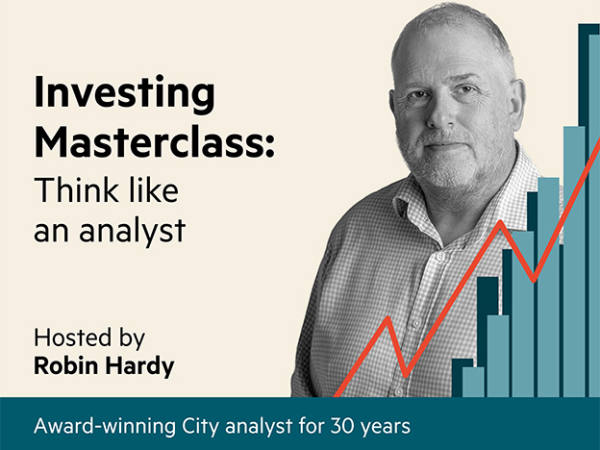It's depressing that the best-selling investment book of the year is Robert Prechter's Conquer the Crash. The buyers of this book are probably those who, in 1999, sent all those day-trading titles to the top of the investment book charts. It is unlikely to serve them any better. As I explained in this column in August, Conquer the Crash argues that investment markets will fall by 90 per cent from their current level. The most Christmassy suggestion you'll get from Mr Prechter would be that if you are still reading the investors chronicle, you must be nuts. Since you are, here is my list of books that you might prefer to unwrap on Christmas Day.
For your 20-something nephew who should be considering putting some money away, I recommend The Motley Fool UK Investment Guide. Written for intelligent beginners, this book puts equity investing into its proper perspective, alongside other financial issues confronting young earners. It tackles lots of heavyweight issues without getting dusty, and it's honest.
The internet is of phenomenal benefit to investors - or at any rate, to those who didn't invest in it - and Stephen Eckett on Online Investing spells out how to make the most of it. From guru websites on global economic forecasting, via tracking your portfolio against an index (not easy) and where to get beta values, to the source of everything you ever wanted to know about gilts, every surfing investor will learn something useful from this book.
I have always liked the subtitle of Tony Golding's book: The City: inside the great expectation machine. In fact, this is a guide to institutional investment rather than to the whole City. It takes you inside all the themes running through institutional investment, such as the importance of indices, why fund managers don't buy small-cap shares, the attributes they do like, and the relationship between fund managers and analysts. Mr Golding's answer to the Big Question -"Blaming the City for the ills of British industry is a bit like blaming the greyhound for chasing the hare" - will not appeal to every reader, but you will be better equipped to come to an alternative conclusion after reading his book.
Two of the many things that bug me about earnings forecasts is that too much emphasis is put upon them by all kinds of investors, and that they claim spurious accuracy. UBS thinks London Merchant Securities is going to make 2.97p of earnings this year. Two-point-nine-seven poppycocks. I guess The Financial Numbers Game: Detecting Creative Accounting Practices is not going to leap out of too many readers' Christmas stockings, especially as every single reference in it is to a US company. Nevertheless, by cataloguing hundreds of methods of plumping up profits, this book should provide an antidote to all earnings figures, forecast or reported - and especially those expressed to two decimal poppycocks.
The wrong numbers are merely one of 10 Corporate Vices described in the book of that name by Charles Cohen. His main claim to fame so far was the creation of beenz.com, which chewed up $70m during the internet mania. Beenz was not without its redeeming features, but nor was it a stranger to the area of"business mistakes which the company rewards", which is taken apart in this thoughtful book. Mr Cohen rejects the current mantra that greedy bosses are the main thing wrong with business:"Beating up on CEOs may make us feel better, but the feeling persists that these horrors will recur. It is not the character flaws of executives - which have always been with us and will always be - that have brought us to this sorry state but those of corporations themselves." Mr Cohen's analysis of 10 vices including"Paying for Talent", corporate image advertising and"Big IT" will ultimately be getting more than the speed-read I gave it this week, and may make a return appearance in this column.
And now for some fun. I have the impression that over the years, my record on spotting stocks to sell is far superior to my record on spotting stocks to buy. Yet I have never personally sold a stock short. The reasons spelt out on page 38 of the latest book by the UK's most famous short-seller, Simon Cawkwell - it's called Evil's Good after his nom de guerre, Evil Knievil - are only part of the explanation. The rest of the book is a well-informed and rip-roaring tale which just might get me to change my spots one day.
You will find excellent prices for all these titles at www.investorschronicle.co.uk (click on 'Bookstore'), or see page 21.
Alistair Blair, a past winner of the Business Writer of the Year Award, has worked in investment banking and investment management. His 'No Free Lunch' column comments and campaigns on issues affecting the private investor. E-mail: ablair@pobox.com






